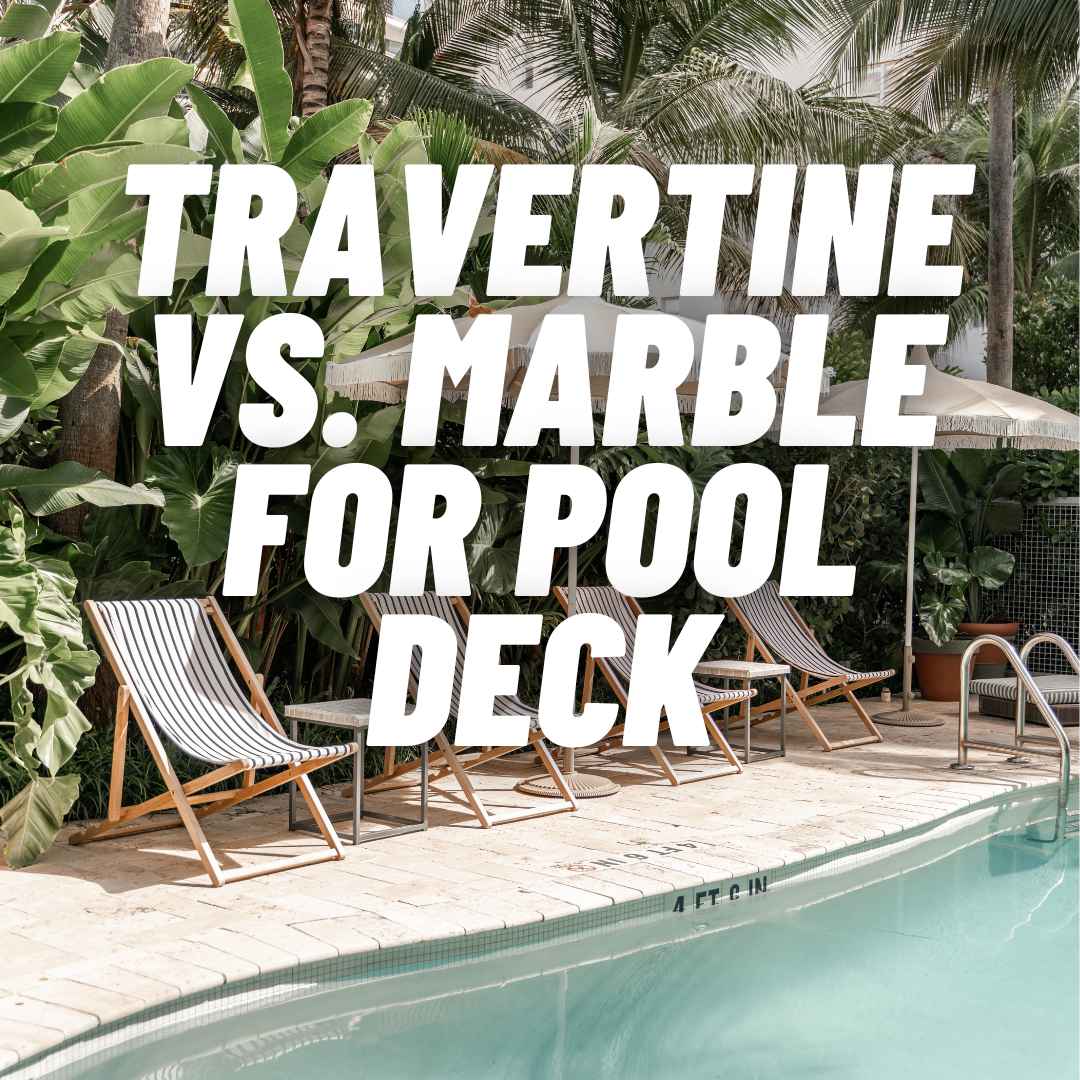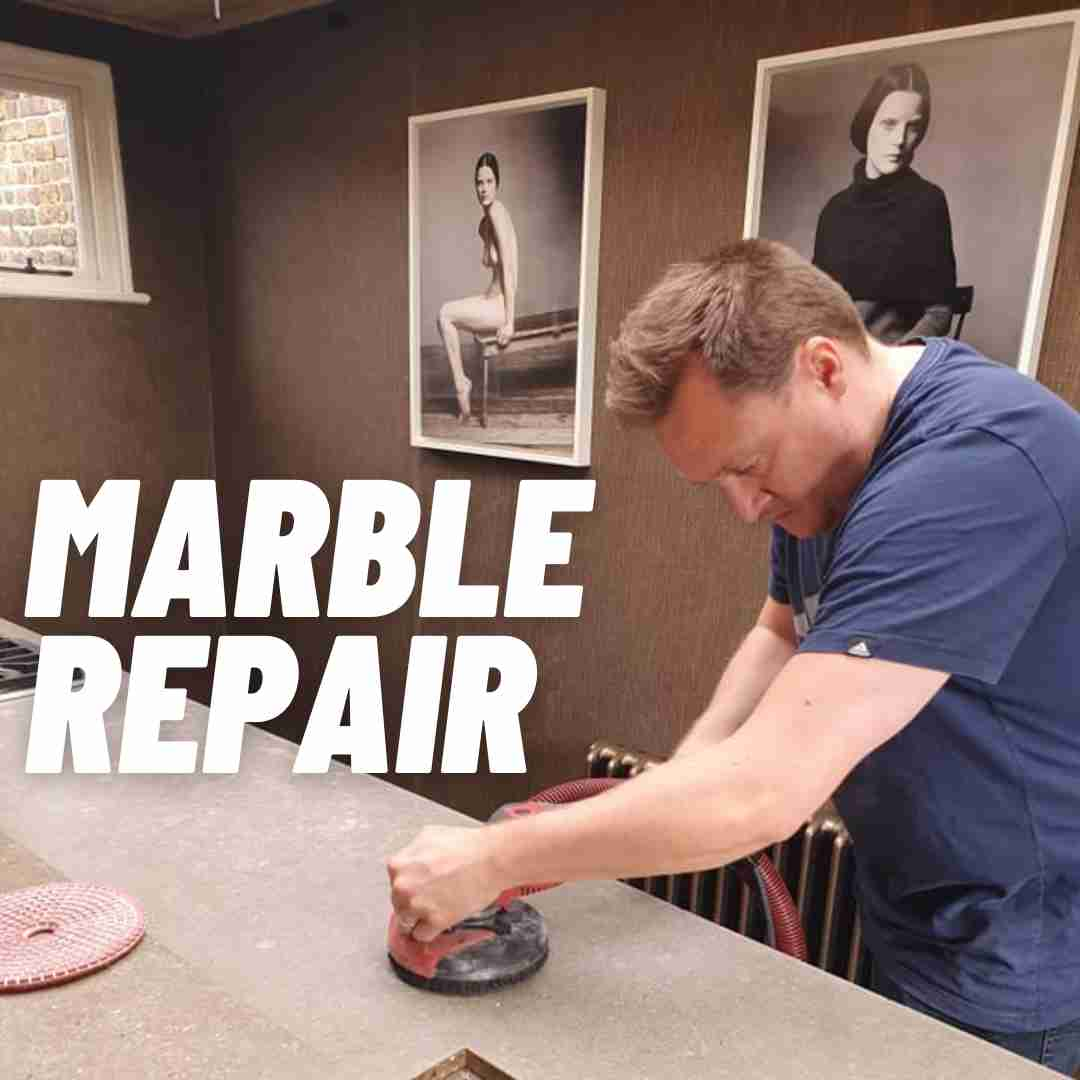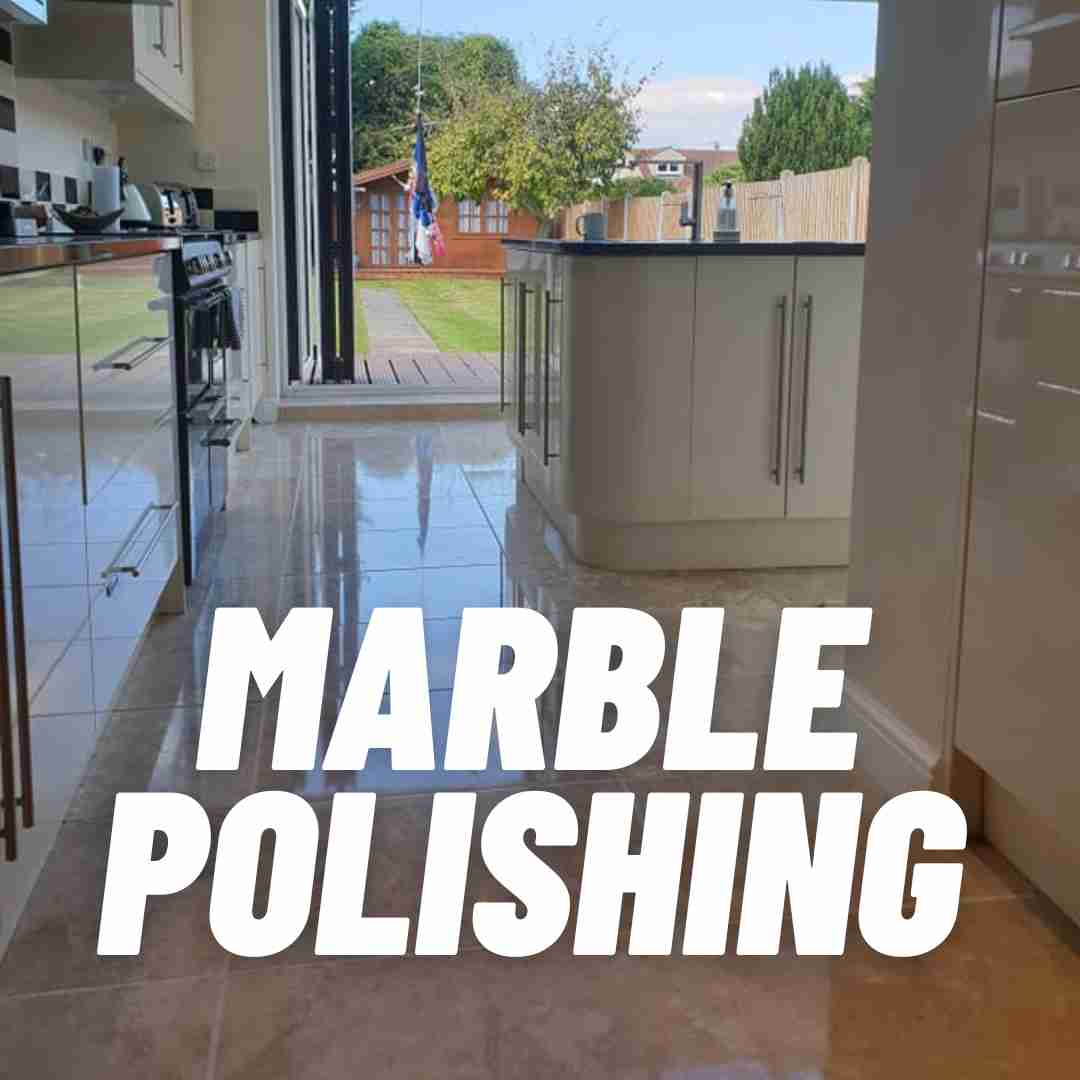In a study conducted on two upscale residences, one utilized travertine and the other marble for their respective pool decks. The travertine pool deck showcased excellent heat resistance, maintaining a comfortable temperature for users even during hot days. On the other hand, the marble pool deck absorbed more heat, becoming uncomfortable for users during peak sun hours.
Another case study involved the durability comparison of these materials. The travertine pool deck exhibited incredible resilience, withstanding high foot traffic and environmental factors. Over a five-year period, the deck showed minimal signs of wear. Conversely, the marble pool deck began to exhibit visible wear, including scratches and staining, after the same period.
In terms of maintenance, a commercial property using travertine for its pool deck experienced low upkeep requirements. Regular sweeping and occasional pressure washing were sufficient to keep the pool deck in pristine condition. In comparison, the marble pool deck necessitated frequent cleaning and resealing to prevent long-term damage due to staining, particularly from pool chemicals.
Cost-wise, a residential project that chose travertine for its pool deck incurred a lower overall expense for the installation and material. Travertine is typically less expensive per square foot than marble. The marble pool deck cost considerably more, due to both the material pricing and the more complex installation process.
In conclusion, these case studies provide valuable insight into the benefits and drawbacks of using
travertine or marble for pool decks. While each material has its unique set of qualities, the choice ultimately depends on the specific preferences, needs, and budget of the property owner.











